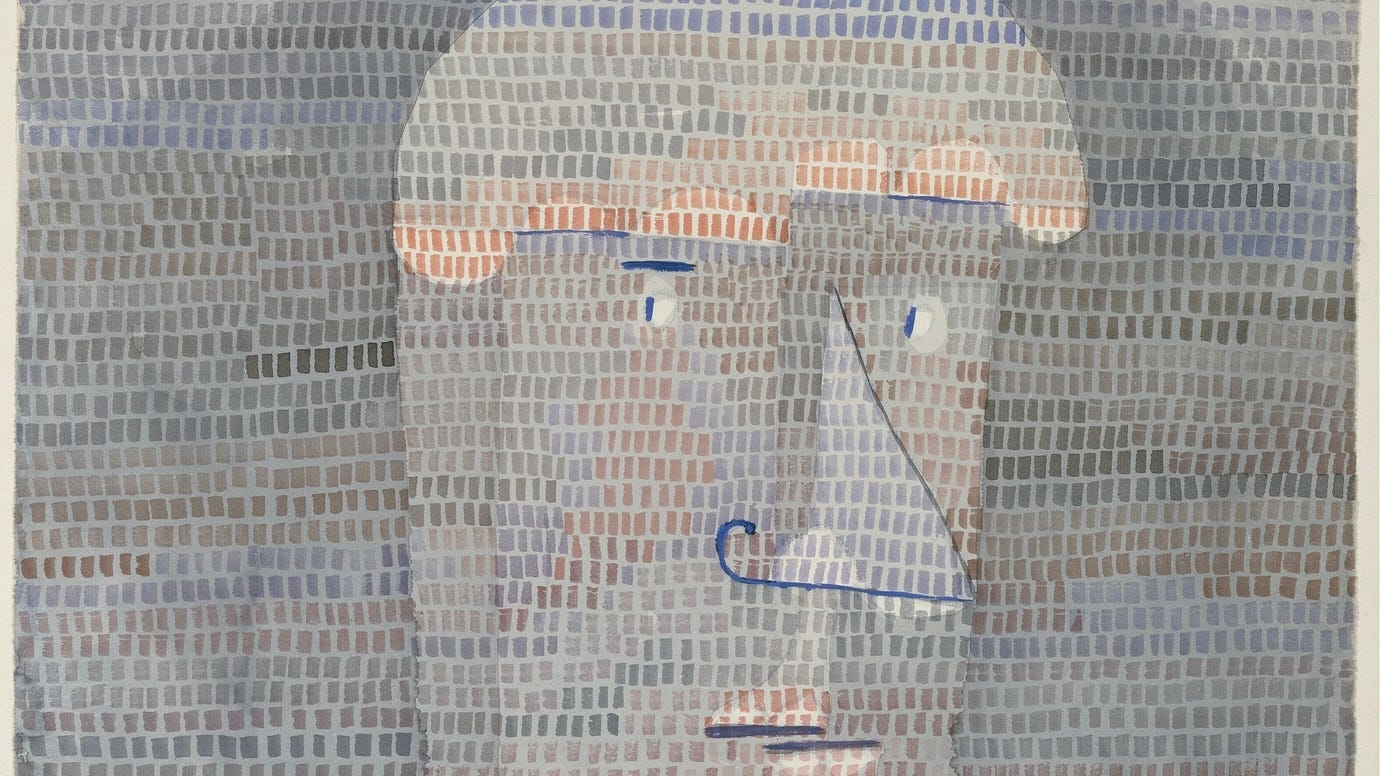In today’s Debate, Wisdom of Crowds asks: What is politics?
and began to argue this question in a recent podcast episode. They continue their argument here. Sam believes politics is inseparable from philosophical questions about the good life and the nature of justice. Politics is the arena where those questions are contested. Damir disagrees. For him…Keep reading with a 7-day free trial
Subscribe to Wisdom of Crowds to keep reading this post and get 7 days of free access to the full post archives.




